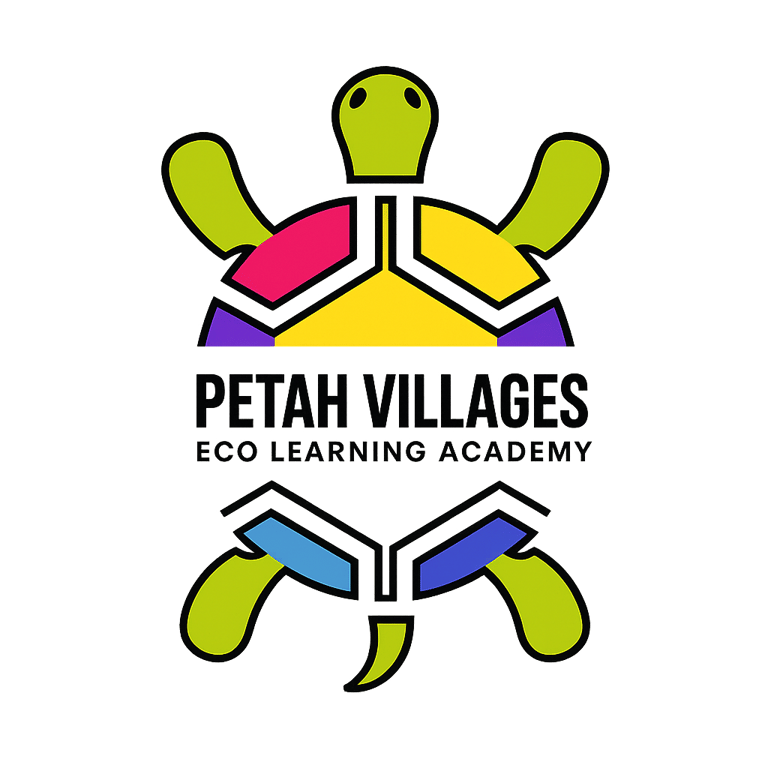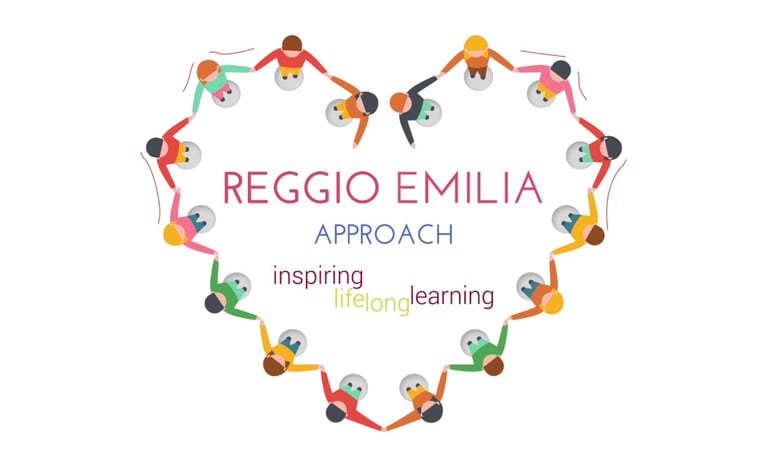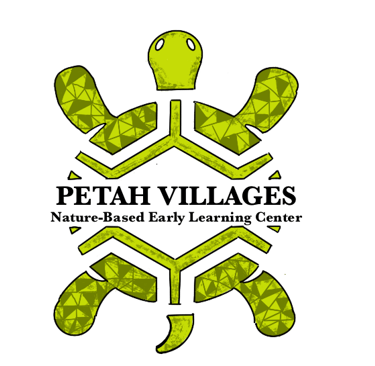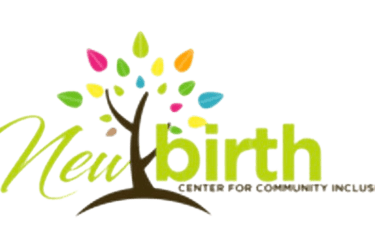About Us
The Petah Villages is a child-centered program dedicated to nurturing the comprehensive development of every child. We adhere to the philosophy that holistic development is facilitated by the collaboration of three essential teachers: parents, educators, and the child's environment. By fostering interactions among these influencers, we aim to support children in their emotional, social, cognitive, spiritual, and physical growth. Through a blend of outdoor and indoor experiences designed to promote holistic development, we strive to equip both children and their families with skills that contribute to lifelong personal and interpersonal development.
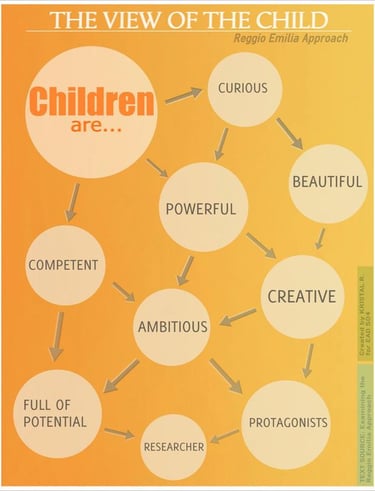

Tuition
Age
Fulltime
Part Time
3 to 5 years
2 years
6 weeks - 1 year
$1600
$1700
$1900
$850
$1000
$1200
Overtime
$15 per hour
When reviewing subsidy pay options, please note that our childcare is in Region 4.
Private Pay
Need support paying tuition?
See if you qualify for payment assistance.



Contact Us
Ages
6 weeks to 5 years old
Phone Number
(206) 554 - 9194
petahvillageschild@gmail.com
Curriculum
The Petah Villages draws inspiration from the Reggio Emilia educational philosophy, which emphasizes the importance of relationships in a child's learning journey. Central to this approach is the concept of three "teachers" that influence a child's development:
The Parent: Recognized as the first teacher, parents are active partners and guides in their child's education, bringing invaluable insights and support.
The Classroom Teacher: Serving as co-researchers, classroom teachers collaborate with
The Environment: Considered the third teacher, the learning environment is thoughtfully designed to be functional, aesthetically pleasing, and reflective of the child's learning process.
We believe that children construct their own knowledge through a carefully planned curriculum that engages and builds upon their current understanding, recognizing that knowledge cannot simply be provided for the child. Our emergent curriculum is based on the interests of the children, fostering individualized learning experiences. This approach requires teachers to actively seek out and nurture children's interests, promoting creativity and innovation in teaching practices.
At The Petah Villages, our flexible indoor and outdoor environments allow teachers to be responsive to children's interests, enabling them to construct knowledge together. For example, if children show interest in spiders during outdoor exploration, educators encourage them to draw their observations and share these during class discussions, integrating their curiosity into the learning process.
By embracing the Reggio Emilia philosophy, we aim to create a dynamic educational experience that respects and nurtures the unique potential of each child.

